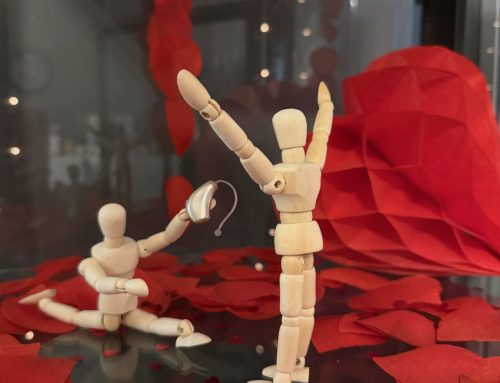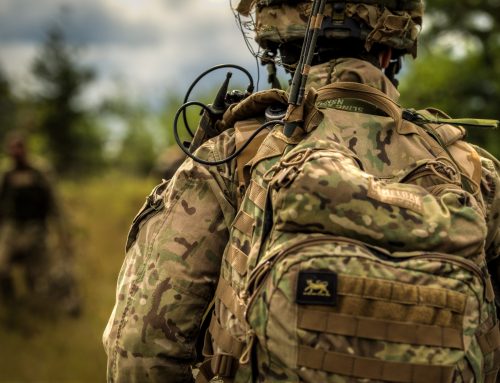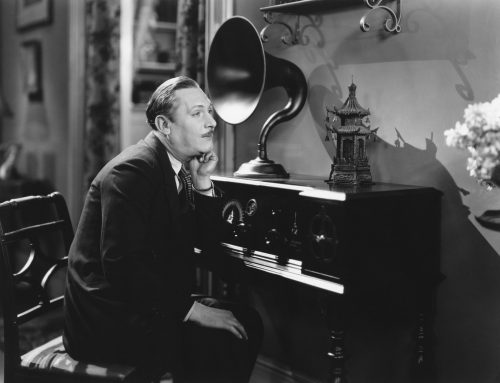Ear barotrauma, what is it?
Have you ever been on a flight and felt pain and discomfort during take off or landing? You might have hastily been giving chewing gum to chew or a boiled sweet to suck and felt better for it. Well, this pain and discomfort is very common and is usually nothing to be worried about. Often referred to as airplane ear, it’s technical name is ear barotrauma.
What causes ear barotrauma?
It’s caused by water or air pressure that changes faster than your body is able to adapt. Usually during a flight or while diving. Our ears contain Eustachian tubes that connect the nose and throat to the middle ear. They’re also responsible for balancing ear pressure. If the tubes become blocked, it can affect the way ear pressure is managed and cause pain, discomfort and in extreme cases a perforated eardrum.
What are the symptoms?
Symptoms of this condition include:
- A feeling of fullness, pressure or discomfort in the ear
- Muffled sound or difficulty hearing
- Ear pain
- Ringing in the ear (Tinnitus)
- Dizziness
Who is most at risk of being affected by ear barotrauma?
This condition can affect anyone but people with narrow eustachian tubes are at higher risk, this includes children. Other frisk actors to be aware of include:
- Hay fever/allergies
- Common cold
- Sinus infection
- Middle ear infection
- Ear wax blockage
Is it possible to prevent it?
Tips to help prevent ear barotrauma include:
- Drinking water or swallowing
- Chewing gum or sucking a boiled sweet
- Yawning regularly to keep the eustachian tubes open
- Trying the Valsalva manoeuvre which involves pinching your nose and gently blowing to ‘pop’ your ears
- Wearing earplugs designed for flying
- Antihistamines or decongestants may help with allergies and colds
Can this permanently damage hearing?
In very extreme cases it is possible. However, ear barotrauma usually clears up on its own within an hour of symptoms starting. In more severe cases, ear barotrauma can result in a ruptured eardrum which can take a few weeks to heal. If you’re experiencing issues with your ears a couple of days after a flight, it’s best to seek advice from your GP or an audiologist.






